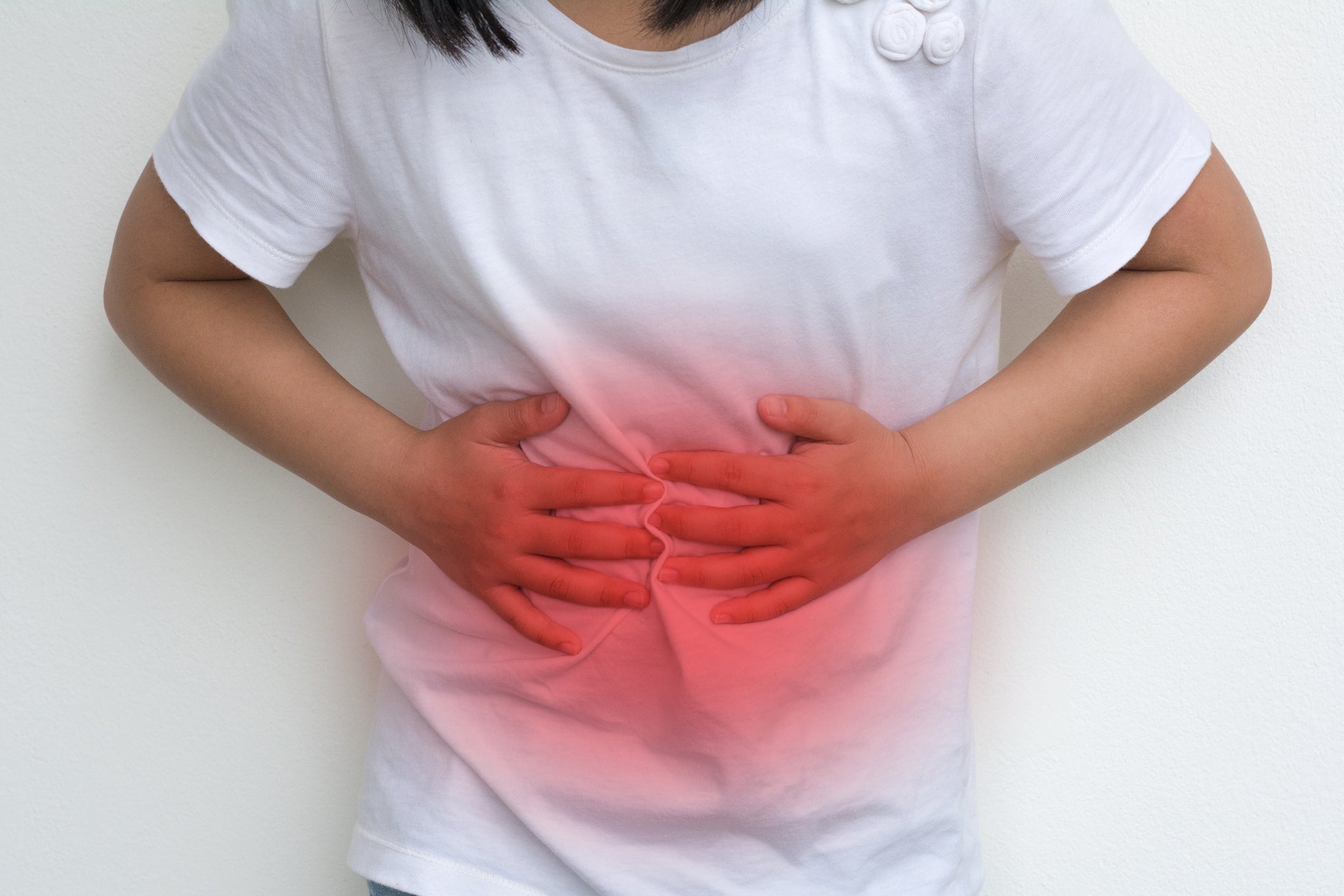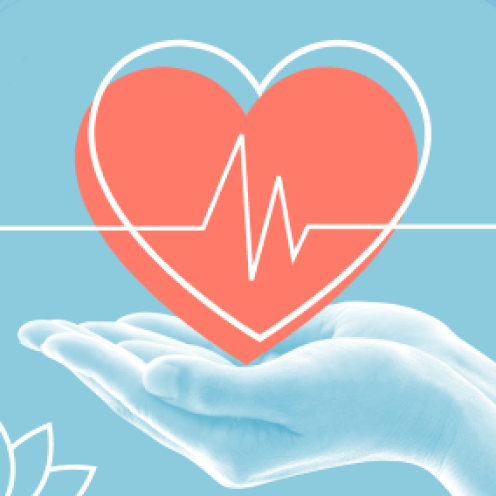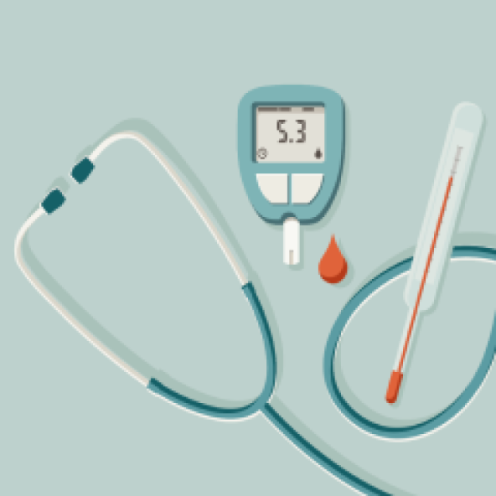Teenage girls experiencing severe period pain could face a heightened risk of chronic pain later in life, a new study suggests.
Researchers behind the study emphasised that menstrual pain should not be “dismissed or trivialised,” asserting it “deserves serious attention” as a public health concern.
It is hoped these findings will “pave the way” for improved understanding and management of menstrual pain and its long-term implications.
For the study, published in The Lancet Child & Adolescent Health, researchers at the University of Oxford looked at data from 1,157 people included in the Avon Longitudinal Study of Parents and Children (ALSPAC), also known as Children of the 90s.
Some 60 per cent had reported moderate or severe period pain at the age of 15.

Researchers found that those with severe period pain at 15 had a 76 per cent higher risk of chronic pain by 26 relative to those with no period pain, while those with moderate period pain had a 65 per cent higher risk.
Among teenagers who reported no period pain, 17 per cent went on to develop chronic pain.
Gynaecologist Professor Katy Vincent of the University of Oxford, said: “We’ve known for a long time that period pain can really disrupt young people’s lives, impacting their social development, education and mental health.
“However, we know that most young people don’t seek help for period pain and those who do may be dismissed, belittled or told it is normal.
“This study shows that teenage period pain may also shape future physical health.
“Once established, chronic pain can be difficult to manage and has wide-reaching consequences for the individual, society and the healthcare system.
“The link between adolescent period pain and chronic pain in adulthood is therefore a wake-up call.
“We need to improve menstrual education, reduce stigma, and ensure young people have access to effective support and treatment early on.
“It would be fantastic if 2025/2026 was the year that we really started to take period pain seriously rather than telling teenagers they ‘just need to learn to live with it’.”
Researchers suggest the link between menstrual pain as a teenager and adult pain may be down to changes in the nervous system.
Prof Vincent added: “Adolescence is a time of heightened ‘neuroplasticity’ – when the brain and wider nervous system are more adaptable and thus potentially more sensitive to repeated pain signals.
“Persistent menstrual pain during this critical period may cause long-term changes in how the body processes pain, increasing the risk of developing chronic pain conditions in the future.”
Lead researcher Dr Rachel Reid-McCann, also of the University of Oxford, said: “I’m so proud to have contributed to this important research, which highlights just how common period pain is among teenagers in the UK and, crucially, that it may have lasting health consequences.
“These findings show that menstrual pain should not be dismissed or trivialised. It deserves serious attention.”
Dr Angela Hind, chief executive of the Medical Research Foundation, which funded the study, said: “As children and young people return to school this week, these findings couldn’t be more timely.
“Pain research, especially into period pain, is woefully underfunded, and at the Medical Research Foundation we’re working to fill that gap.
“This study shows how important medical research is for improving health, particularly for young people.
“The researchers have shown that period pain can have a profound impact not just during adolescence, but well into adulthood – affecting areas far beyond the pelvis and impacting many aspects of life.
“We hope it will pave the way for a deeper understanding of how to better manage menstrual pain and its long-term effects.”




